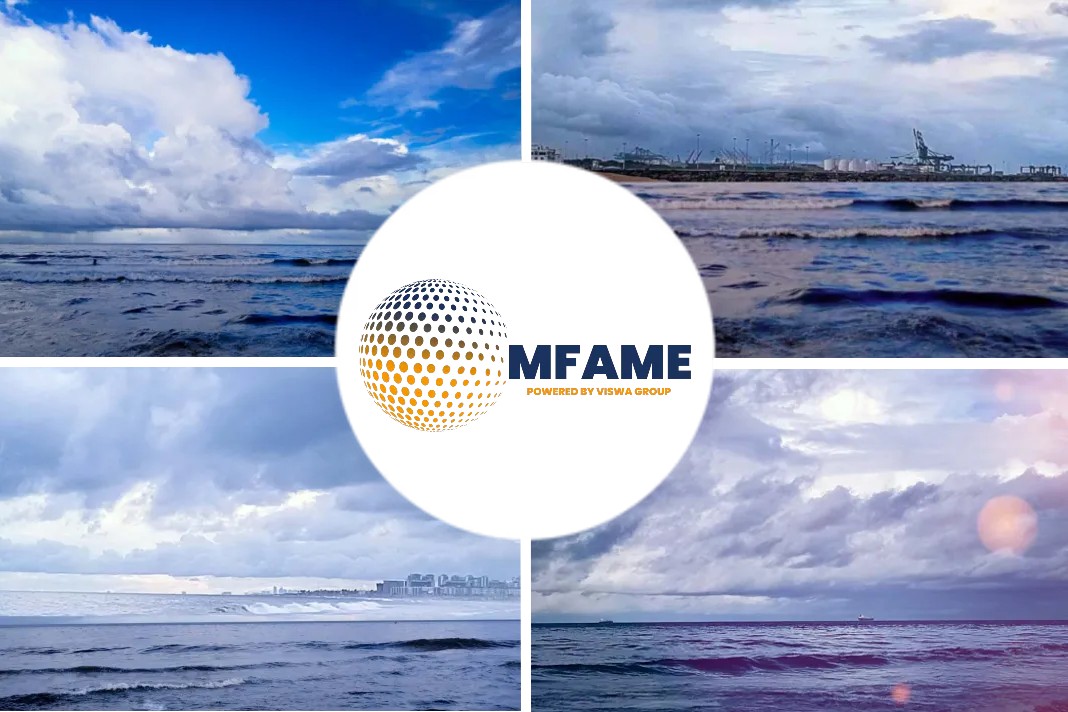
New Turkish insurance rules on oil tankers carrying Russian crude continue to slow down the movement of tankers off the coast of Turkey and between Russia’s Black Sea ports and the Mediterranean, says an article published on Cncb.
Insurance clearance
Sixteen vessels (none Russian-flagged) are waiting for insurance clearance, according to MarineTraffic, and that number is expected to grow.
Russian-flagged tankers
Based on MarineTraffic data, 35 vessels including nine Russian-flagged tankers have departed from Russia since the first day (Dec. 5) a G7 nation oil price cap and European Union ban on most Russian crude purchases went into effect.
Majority of crude
“All the vessels heading to the Bosphorus from the north (to leave Black Sea) are mostly full,” said Captain Adil Ashiq, United States Western Region executive for MarineTraffic.
“The majority of crude is going to Turkey, followed by Greece, Italy, and India,” Ashiq said.
Combined tonnage
Tankers with a destination of Russia can be seen in the corresponding MarineTraffic graphic.
VesselsValue tells CNBC that the average wait for tankers at the Bosphorus has increased compared to last week by roughly 47%, when there were 14 vessels with an average wait duration of 64 hours and a combined tonnage capacity of 1.46 million tons.
Increasing congestion
“As we get further into the duration of the Russian crude oil sanctions and price cap, we expect to see increasing congestion on the north and south side of the Bosphorus, along with areas around the Dardanelles Strait for the same reasons,” said Graham Close, Senior Trade Analyst at VesselsValue.
Shadow fleet
Andy Lipow, president of Lipow Oil Associates, tells CNBC that concerns about the age and quality of the shadow fleet carrying Russian crude oil through the Bosphorus will only grow.
Encompassing liability
“As the EU sanctions take hold, these transit delays will impact Chinese and Indian refiners who remain the largest and grow in importance for Russian oil sales,” Lipow said.
“Turkey wants insurers to provide full and all-encompassing liability insurance for anything sanctions related and of course, P&I [maritime protection and indemnity insurance] clubs are not going to do that.”
Did you subscribe to our daily Newsletter?
It’s Free! Click here to Subscribe
Source: Cncb















